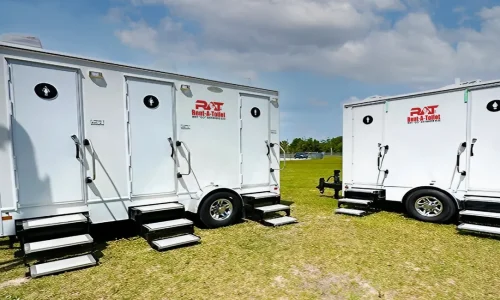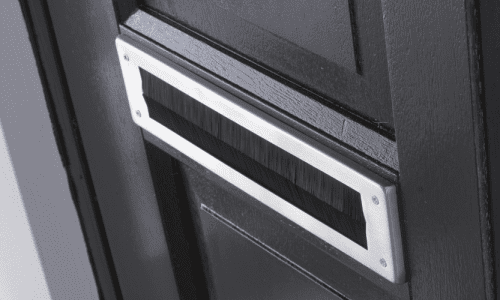Baseball is a game of skill, precision, and practice. One of the essential tools in a baseball team’s training arsenal is the pitching machine. These machines simulate the throw of a real pitcher, allowing players to hone their batting and fielding skills consistently. However, with a plethora of options available in the market, choosing the right pitching machine for your team can be a daunting task. In this comprehensive guide, we’ll walk you through everything you need to know to make an informed decision.
Introduction to Pitching Machines
Pitching machines are mechanical devices designed to replicate the throws of a pitcher. They come in various types, each offering unique features and benefits. These machines play a crucial role in baseball training, providing consistent pitches to help players improve their hitting and fielding abilities.
Types of Pitching Machines
There are primarily three types of pitching machines: wheel pitching machines, arm-style pitching machines, and compressed air pitching machines. Wheel pitching machines use a spinning wheel to propel the ball, while arm-style machines mimic the throwing motion of a human arm. Compressed air machines rely on air pressure to launch the ball. Each type has its advantages and is suitable for different training scenarios.
Factors to Consider When Choosing a Pitching Machine
Several factors should influence your decision when selecting a pitching machine for your team. Budget considerations, the skill level and age of your players, the type of balls used, portability, and ease of setup are crucial aspects to keep in mind. Additionally, you’ll want a machine that offers adjustability and versatility to accommodate various training drills and skill levels.
Best Pitching Machines for Baseball
In our review of the best baseball pitching machines, we’ve considered factors such as performance, durability, and value for money. Some of the top-rated machines in the market include the JUGS Lite-Flite Machine, the Louisville Slugger Blue Flame Pitching Machine, and the Heater Sports Deuce 75 MPH Machine. Each of these machines has its unique features and benefits, catering to different training needs and budgets.
Comparison of Different Pitching Machines
When comparing pitching machines, it’s essential to look beyond just the price tag. Consider factors such as durability, warranty coverage, and performance accuracy. While some machines may be more expensive upfront, they often offer better long-term value with fewer maintenance issues and consistent performance.
Tips for Using Pitching Machines Effectively
To maximize the effectiveness of your pitching machine, follow these tips for proper setup, maintenance, and safety precautions. Customizing drills for different skill levels and focusing on specific areas of improvement can help players get the most out of their training sessions.
Training Drills with Pitching Machines
Pitching machines can be used for a variety of training drills, including batting, fielding, and pitching drills. By incorporating these drills into your practice sessions, players can develop their skills in a controlled environment, focusing on technique and consistency.
Benefits of Using Pitching Machines
The benefits of using pitching machines are manifold. They offer consistency in pitching speed and trajectory, saving time in practice sessions, and facilitating improvement in batting skills. With regular use, players can develop muscle memory and reaction times, leading to better performance on the field.
Common Mistakes to Avoid When Using Pitching Machines
While pitching machines are valuable training tools, there are some common mistakes to avoid. Over-reliance on machines, neglecting live pitching practice, and improper setup can hinder player development and lead to injuries. It’s essential to strike a balance between machine-based drills and live gameplay.
Testimonials from Coaches and Players
Coaches and players alike have praised the benefits of pitching baseball machines in their training routines. From improved batting averages to sharper fielding skills, the impact of these machines is undeniable. Real-life testimonials provide valuable insights into the effectiveness of pitching machines in enhancing player performance.
Conclusion
Choosing the right pitching machine for your team is a decision that requires careful consideration of various factors. By understanding the different types of machines available, considering your team’s specific needs, and following best practices for setup and maintenance, you can enhance your team’s training regimen and improve their on-field performance.


